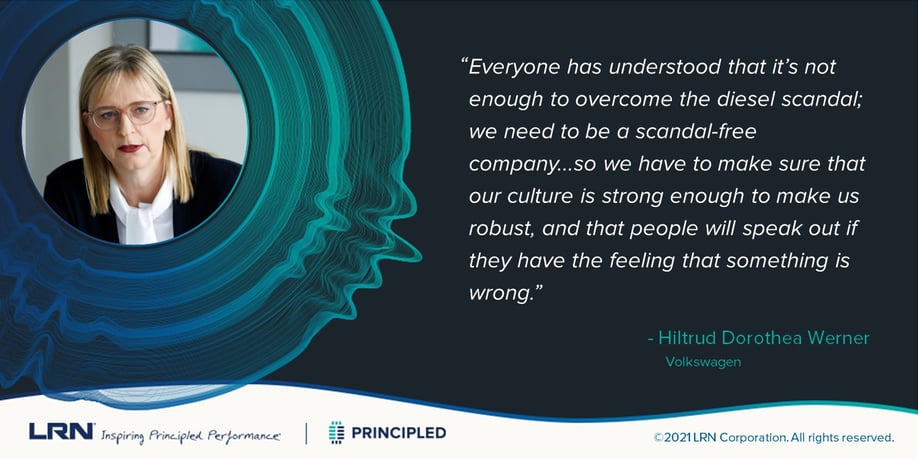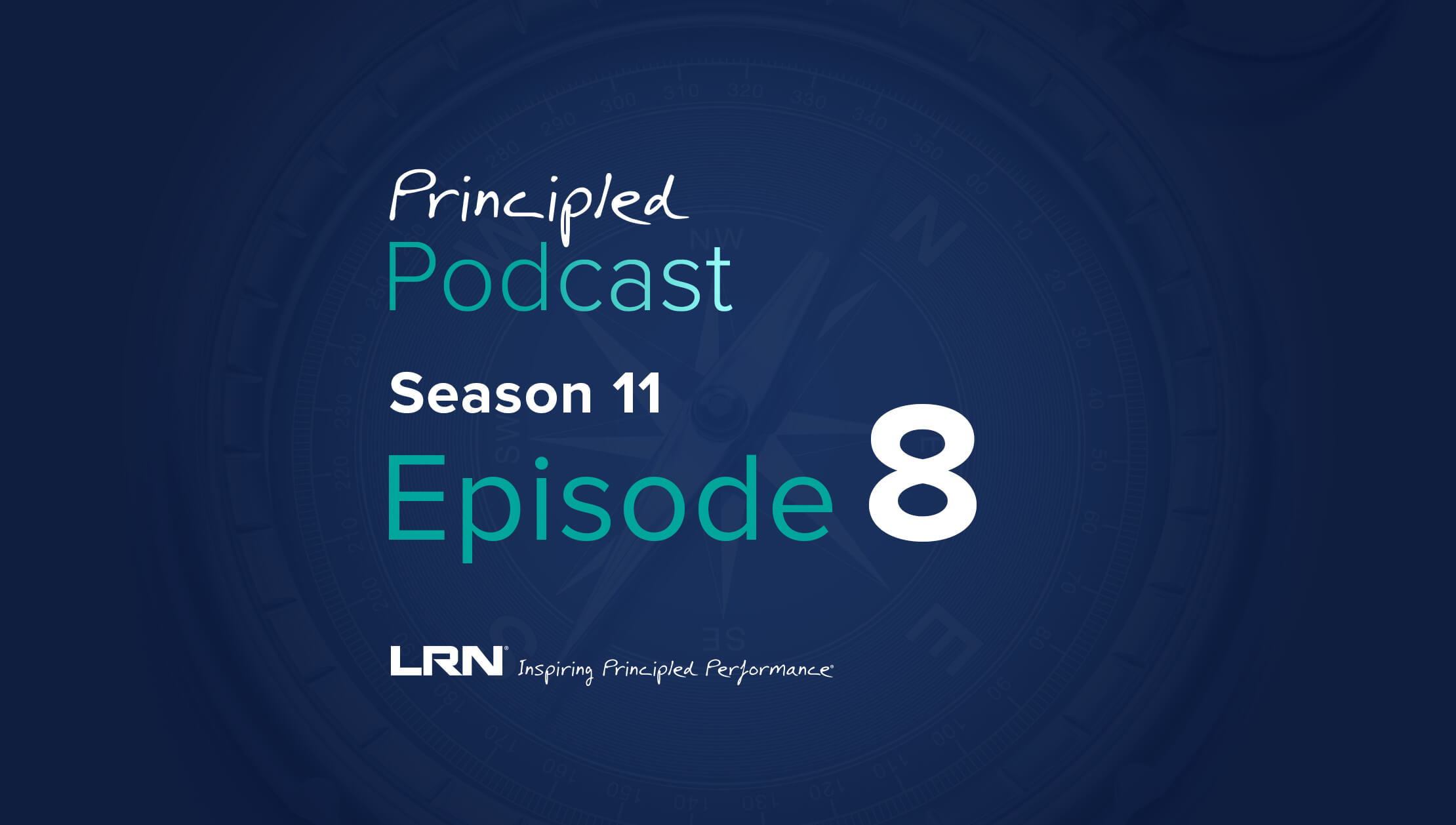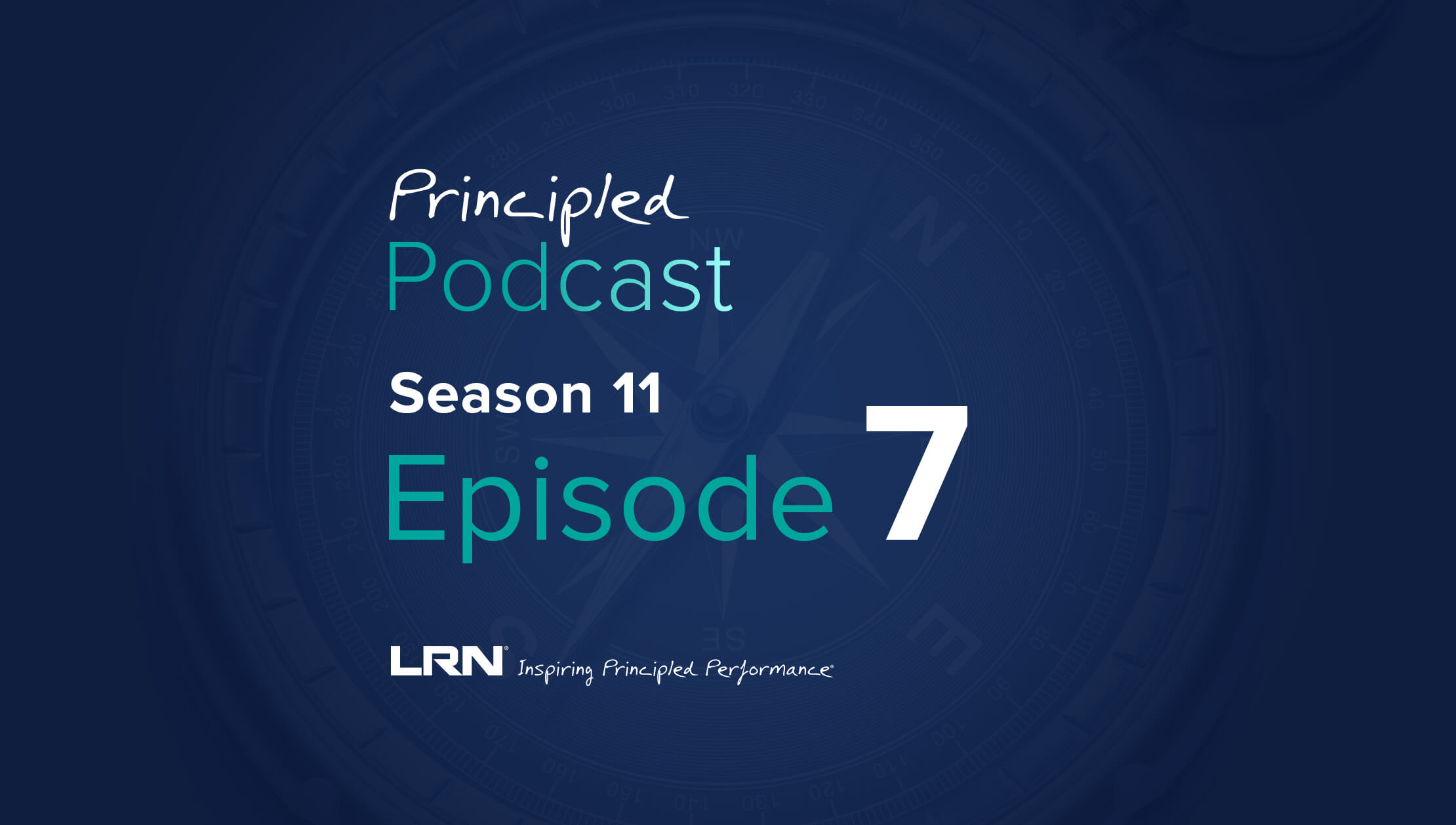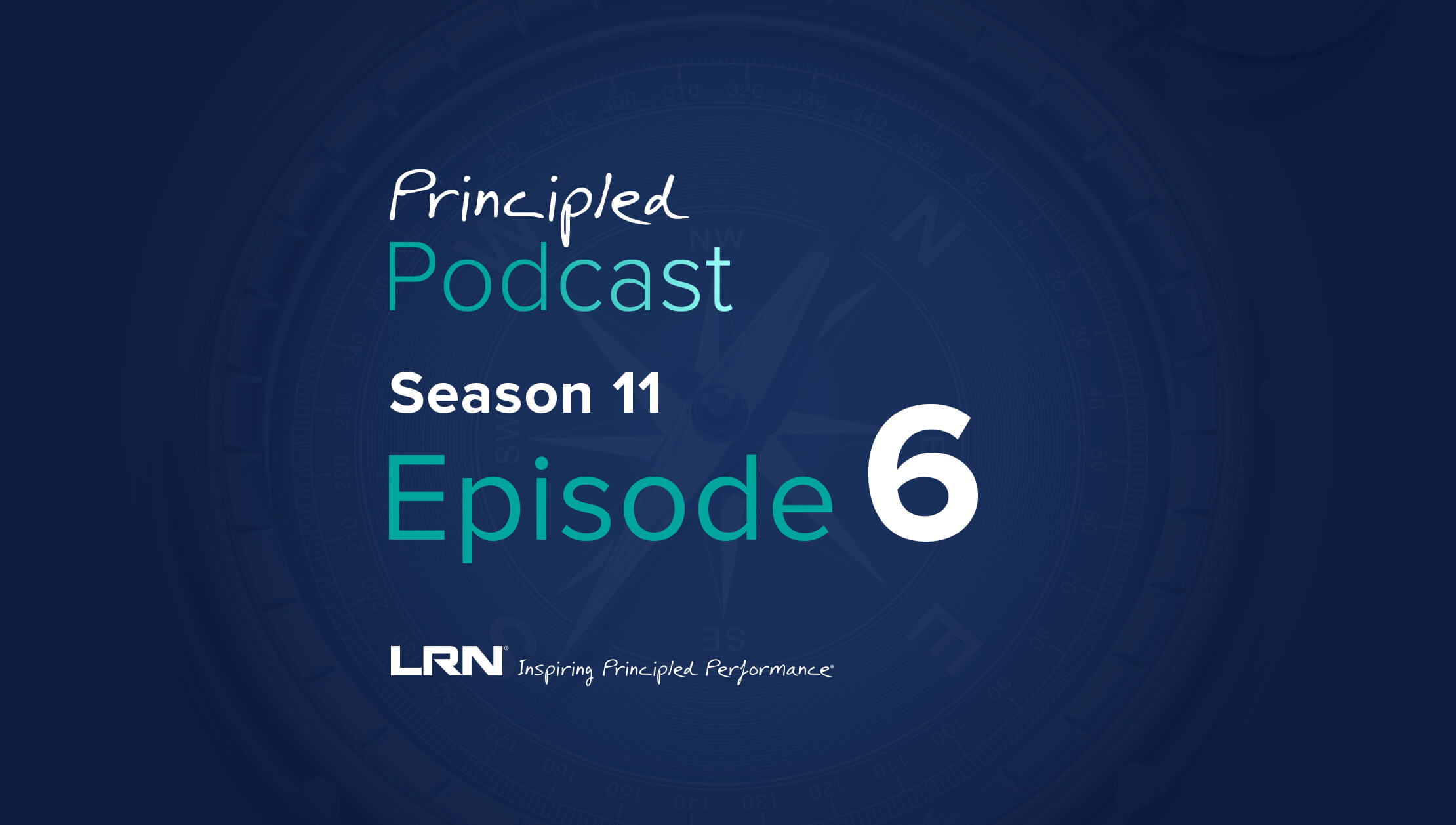If there is anyone who understands the challenge of building an ethical business culture during a time of ultimate stress, it is Hiltrud Werner.
Werner joined Volkswagen in 2016 in the wake of “Dieselgate”—the very public revelation of cheating on emissions testing for its cars—and was appointed in 2017 to VW’s Board of Management, responsible for integrity and legal affairs. It fell to her to craft a program that would elevate integrity throughout the organization and ensure that VW’s culture centered upon doing the right thing out of a personal conviction, not just “check-the-box" compliance. This meant transforming the entire VW organization from a rigid, hierarchical structure to one that allows for individuals to feel comfortable speaking out. A culture shift of this magnitude takes a number of years to accomplish. Werner called it “three-dimensional change” in a recent podcast with LRN. Then, COVID-19 ushered in an unprecedented fourth dimension. But because Werner and her team had laid the groundwork for engaging the entire workforce in the ongoing ethical culture transformation, this ultimate stress test did not entirely thwart her program’s progress.

It turns out she is not alone. Our 2021 Ethics & Compliance Program Effectiveness Report findings show that COVID-19 proved to be a stress test for ethics and compliance programs worldwide and that companies largely rose to the challenges posed by the crisis. LRN publishes this report annually to evaluate the impact that ethics and compliance efforts have on workplace behavior. The 2021 report affirms our demonstrated research and experience that a values-based approach to governance builds and sustains ethical culture and correlates with more effective ethics and compliance practice. The report also provides the first holistic look at how COVID-19 affected ethics and compliance programs in lasting ways.
Maintaining company values through ethics and compliance
A notable insight from the report was that corporate values and ethics truly sustained companies during the pandemic. A clear majority of respondents reported ethics and compliance considerations played a key role in shaping organization responses to COVID-19 challenges.
- 87% of ethics, compliance and legal experts surveyed said that leadership rose to the challenges of dealing with the consequences of the COVID-19 crisis.
- 85% reported that their boards of directors effectively supported ethics and compliance during COVID-19.
- 85% answered that leaders responded to the challenges in a way that is consistent with the company’s purpose and values.
Even in the most stable of operating environments, the task of building ethical cultures, sustaining effective ethics and compliance programs, and operationalizing ethics and compliance as core to the business can be daunting. What’s both heartening and notable for responsible business is that organizations largely relied on their values to go above and beyond their legal and regulatory requirements during the crisis and did so with success. These results align with the experience Hiltrud Werner shared on our podcast, as she and her team at Volkswagen were well into their journey of transformation to a culture that prioritized integrity and accountability.
Building a more ethical culture
For Werner and her team, committing to building a more ethical culture had a clear impact. She noted a shift to 20% of the time during Board meetings of the group occupied discussing compliance, integrity, risk management, and business partner due diligence. She was already in the process of instigating a “new thinking” into each and every board decision before COVID-19 struck. This values-based approach proved fruitful in a year like 2020 that demanded rapid response with limited information. On our podcast, Werner explained how fostering that personal conviction to do the right thing provided the proper foundation for handling the unexpected:
“Next, really, is that we prove to the outside world that what we do is not done only because we had to do it, because of the must… but also that we want it, that it comes from inside. And that this heavy work on corporate culture compliance and risk management, also on product and environmental compliance, was really because we have understood our lesson. With COVID-19, of course, that put an additional pressure on such processes and on the cultural change. We are particularly proud of the process, how we have managed COVID-19 in our organization.”
—Hiltrud Werner, Member of the Board of Management, Integrity and Legal Affairs, Volkswagen
Listen to Hiltrud Werner talk about how she and her team drove positive change at Volkswagen, and get the 2021 Ethics & Compliance Program Effectiveness Report to gauge how your own program compares to those of organizations around the world. This report is based on a survey of nearly 650 ethics, compliance, and legal executives and experts at companies and organizations with at least 1,000 employees and with more than half of respondents located outside of North America. A future report from LRN will delve even more deeply into the most effective programs, best practices, and the lasting impacts of COVID-19 on the ways organizations are fostering ethical and compliant corporate cultures.



